Barbara B. Burn Papers
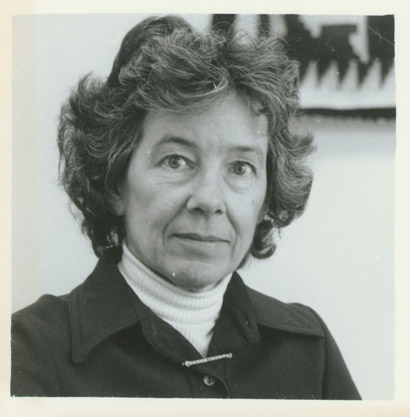
The founder of the the university’s International Program Office, Barbara Burn was widely recognized as an expert in international education. After attending the University of Michigan as an undergraduate, Burn received both her master’s degree and doctorate from the Fletcher School of Law and Diplomacy in 1955. She worked for several years on the faculty of the Foreign Service Institute and as a program specialist at the Asia Foundation before coming to UMass Amherst in 1968 to study the feasibility of developing an international programs office, after which she was appointed Director of International Programs and in 1988, Associate Provost. Under her leadership, the number of UMass undergraduates studying abroad increased ten fold. Burn died on Feb. 24, 2002, at the age of 76, leaving a son and a daughter.
The Burn Papers include detailed information regarding the establishment of the International Programs Office, including background information and sometimes extensive correspondence with universities around the world. Approximately three quarters of the collection consists of alphabetically arranged files on foreign universities and subjects pertaining to study abroad, with particularly interesting material in the 1970s and 1980s on exchanges with the People’s Republic of China.


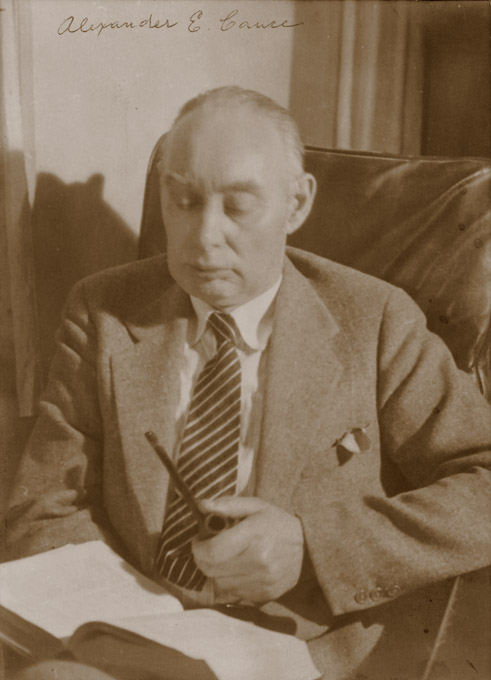
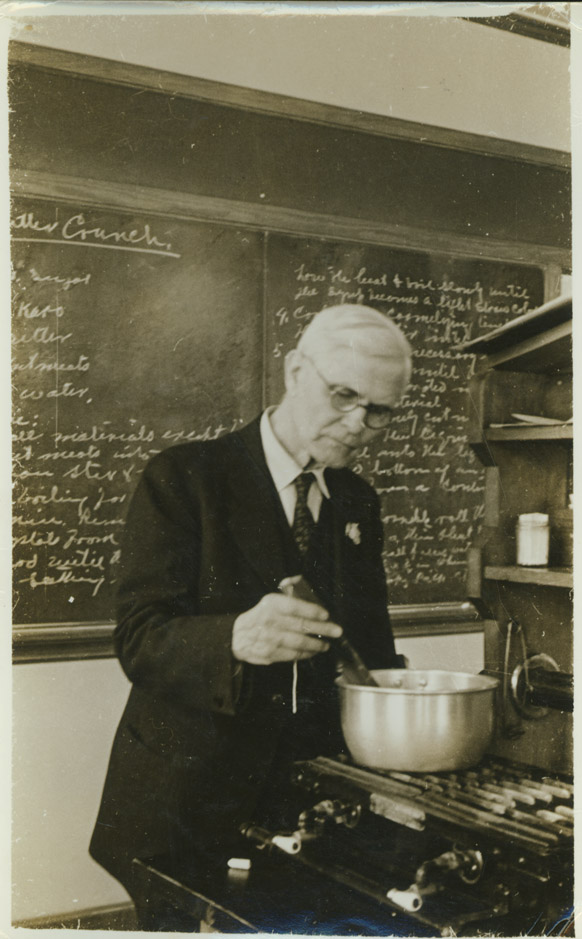
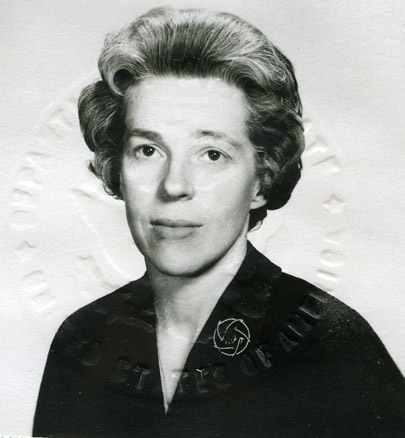
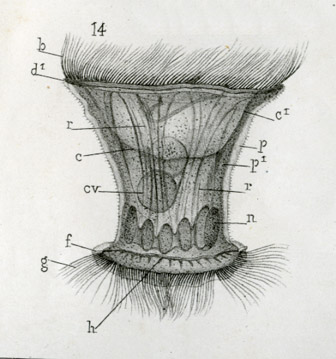
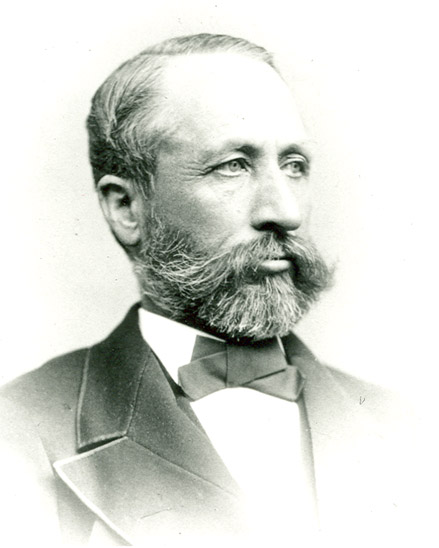
 View the online
View the online